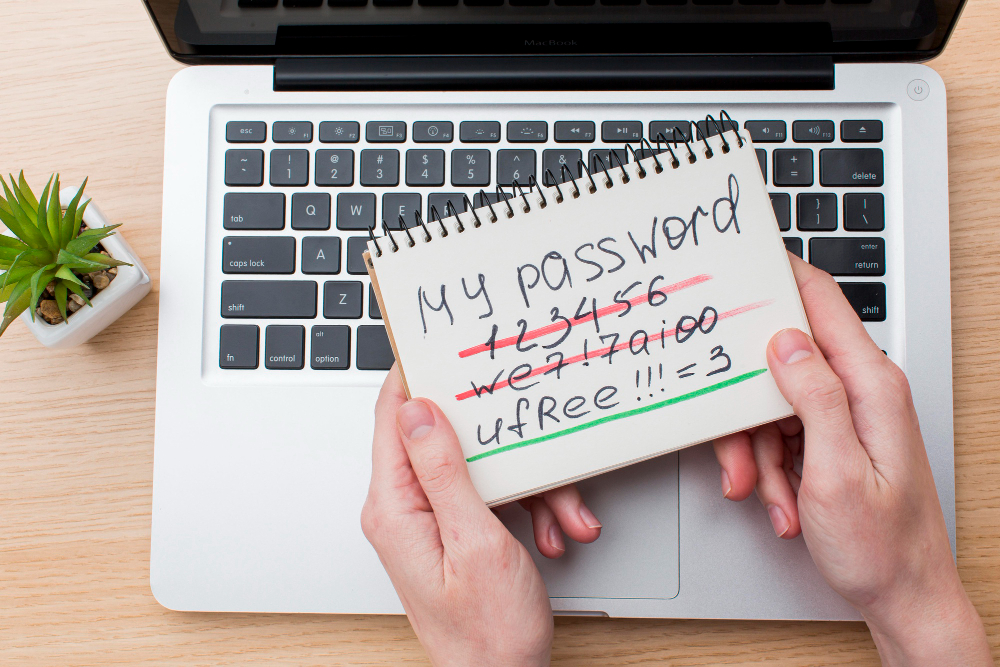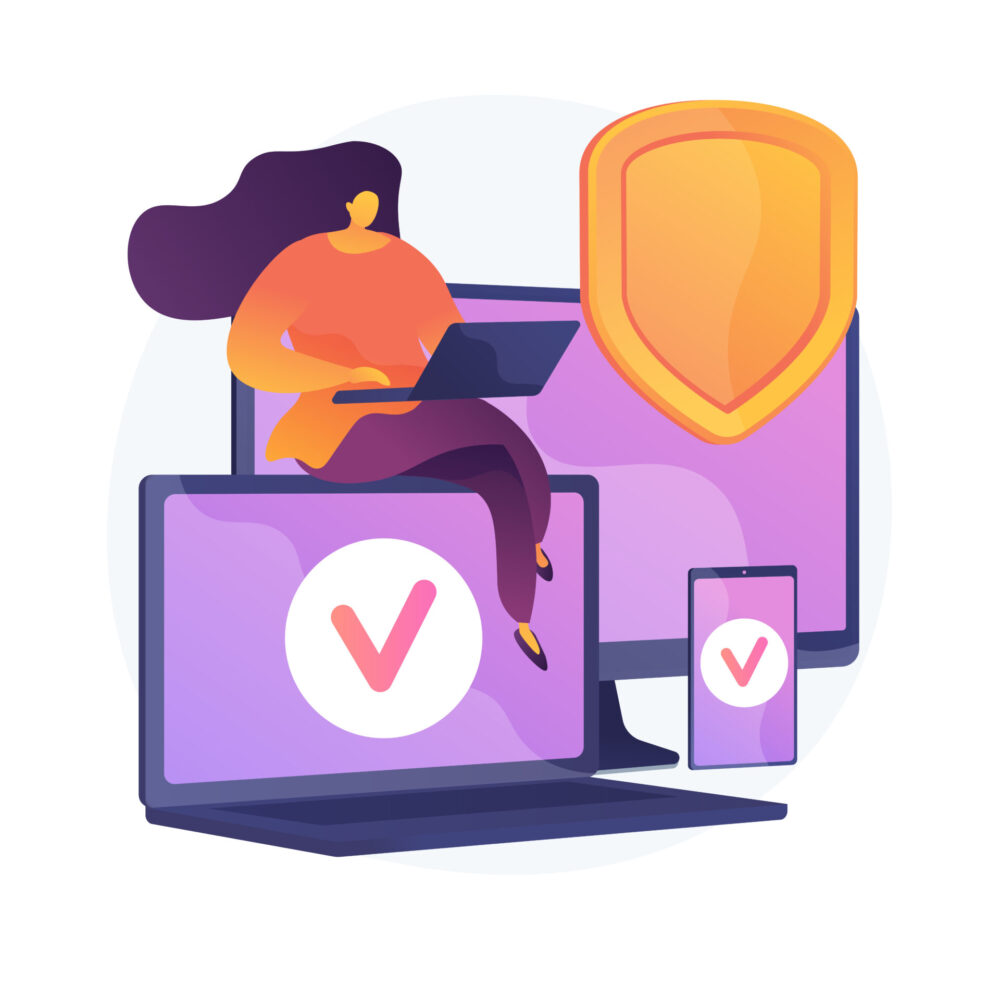In the year 2020, privacy seems to be forgotten in the online world of computing. More & more cyberattacks, phishing attacks, fraud, data breaches and identity theft are apparent as technology advances.
However, do not let this scare you. If you are serious about being protected online, here are a few tips & tricks to minimize or eliminate all possibility of any threat occurring.
I’m talking, of course, about private browsing modes. Using incognito mode in your selected browser of choice helps lower tracking via cookies, which in return can help you become anonymous to hackers using cookies and trackers to gain information about your usage to plan an attack.
In addition to this, the EU parliament passed a law known as “the cookie law,” which requires websites to obtain consent before storing or retrieving information on a visitor’s computer.
As Google’s Chrome suggests, this doesn’t shield you against your ISP or someone else tracking your movements. The answer? Keep reading.
Utilizing VPNs
You probably have heard the use of the term VPN but what exactly is it? VPN, which stands for Virtual Private Network, is a private network where no one can track or view your internet traffic packets. Only Internet Service Providers can see what packets go in & out based on your usage.
VPN’s have become a popular option combined with other methods of privacy and security while online.
VPN’s cost very little per month, some even free & provide the following benefits:
No third-party access to your information.
Ciphers your information so external viewers can’t decode your info.
Hides your actual IP address so sites cannot read your IP address. This is handy to stop XSS (Cross-Script) attacks on your computer via the web.
One way to keep all your online accounts safe is to use different passwords on each platform you register, not use the same password for all accounts, and changing passwords periodically.
Doing so will make it much harder to crack each account’s details. Not only this, users should utilize characters, numbers and letters in their passwords with a length greater than eight characters in overall length to make it very difficult to hack.
Also, adding nonrepeating characters in a row makes it much harder to infiltrate accounts. So next time you make a social media account or any account online, utilize this technique to keep your accounts safe & secure.
Another option to this same approach is to use a password manager such as LastPass, 1password or even the one included in Google Chrome, which will let you know if a data breach on any site has happened.

One big way to stop any privacy invasion or identity theft is by changing your social media settings from public to private. You will be shocked to see what hackers can gain from social media to use against you in the form of an attack.
Social media has been the favorite place to target individuals to gain information about a person’s identity; From guessing your recovery questions to create a form of blackmail or identity fraud, everything is possible with the information you surrender online.

Let’s build tomorrow,
together.
14 years in business and 330+ customers say we do it right
Anti-Virus Systems
Installing an anti-virus can help defend your computer and its files from external intruders. Without this, computers can get infected with Ransomware, Trojan Horses & much more.
An excellent way to protect against these kinds of attacks without an anti-virus is not downloading from unknown sources and being wary of unknown USB drives.
Implemented Two-Factor Authentication
Using two-factor authentication on any application which has it implemented can be a significant advantage in securing your accounts.
Two-Factor authentication lets you log in twice, meaning you log in with your credentials. It then sends a message with a unique code that continually changes to a mobile or email, which you then enter to gain access to the account.
While it may become annoying to use, Two-Factor Authentication provides one of the highest account securities online. A recommended feature to use if applicable.
Clearing your browser cache
You will be surprised with just how much data is stored in your browser cache. Clearing this cache per week will help protect your browsing and account information secure as it will be deleted and no longer available for attacks. Enter your browser’s settings to find the clear option—a must for any user per week to keep safe online.
Not using the “Save Password” feature.
Using the Save Password feature on browsers can be efficient & easy for any user; however, it can threaten your account safety. Entering your password manually each time can be much more secure, given that you didn’t accidentally download a keylogger, than saving it onto the browser in case of any XSS attacks or any other form of intrusion.
Wrap Up
Implementing one or more of the techniques used above can help protect your integrity & keep you safe online from any external intrusions or attacks. While implementing one may keep you safe, more than one is always better.
Big Kitty Labs is one of the leading software development companies in Columbus Ohio that has been developing applications, websites, and software for over 10 years. We are also providing other related services such as Managed resources and digital marketing services. Contact us for free discovery and consultation on your next project!
